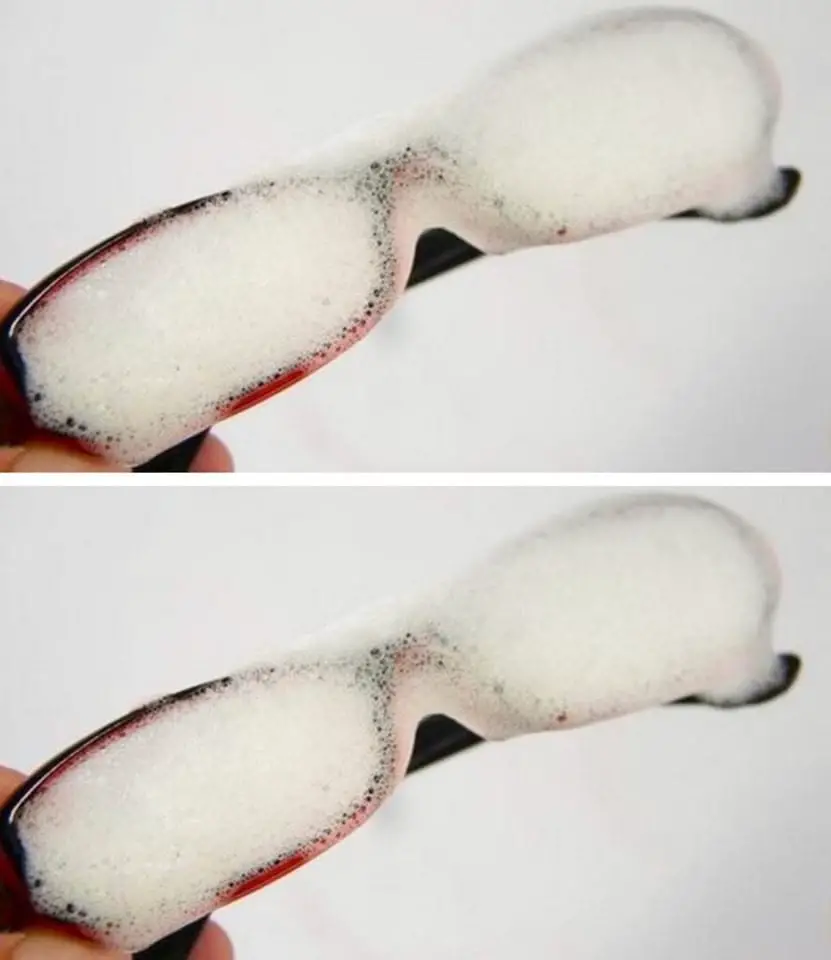
If you wear glasses, you know the frustration of smudges, fingerprints, and dust clouding your vision. Keeping your glasses clean can feel like a never-ending chore, but with the right techniques, you can enjoy spotless lenses that stay clean much longer. Let’s dive into the ultimate guide for cleaning and maintaining your glasses to keep them crystal clear and streak-free.
Why Do Glasses Get Dirty So Quickly?
Glasses attract dust, oils from your skin, and environmental pollutants throughout the day. Touching the lenses, wearing them in humid or dusty conditions, and even improper cleaning can lead to build-up that obscures your vision. Understanding why they get dirty can help you take preventative measures.
Essential Materials for Cleaning Glasses
To keep your glasses spotless, avoid using harsh or inappropriate materials that can damage the lenses. Here’s what you’ll need:
- Microfiber cloth (specifically designed for glasses)
- Lens cleaning solution (alcohol-free and safe for coatings)
- Dish soap (gentle, non-moisturizing)
- Lukewarm water
- Cotton swabs (for tight corners)
Step-by-Step: How to Clean Your Glasses Properly
Step 1: Rinse with Water
Start by rinsing your glasses under lukewarm water to remove dust and debris. This step prevents tiny particles from scratching the lenses when you clean them.
Step 2: Apply Soap
Add a small drop of gentle dish soap to your fingertips and gently rub it onto both sides of the lenses, as well as the frames and nose pads. This helps break down oils and grime.
Step 3: Rinse Thoroughly
Rinse the glasses under lukewarm water again, ensuring all soap residue is removed. Leftover soap can leave streaks or a film on the lenses.
Step 4: Dry with a Microfiber Cloth
Use a clean, dry microfiber cloth to gently dry the lenses and frames. Avoid using paper towels, tissues, or clothing, as these can scratch the lenses or leave lint behind.
How to Keep Glasses Clean 3x Longer
- Avoid Touching the Lenses
Make a habit of handling your glasses by the arms instead of the lenses to prevent smudges from fingerprints. - Use Anti-Reflective and Smudge-Resistant Coatings
Invest in lenses with protective coatings that repel dust, water, and oils. These coatings make cleaning easier and keep lenses cleaner for longer. - Store Glasses in a Case
When not in use, keep your glasses in a protective case to shield them from dust and accidental smudges. - Clean Regularly
Quickly wiping your lenses with a microfiber cloth throughout the day prevents build-up and reduces the need for deep cleaning. - Avoid Harsh Environments
Dusty or oily environments can dirty your glasses quickly. If you need to be in such areas, consider wearing protective goggles over your glasses. - Prevent Fogging
Apply an anti-fog spray or rub a small amount of dish soap onto the lenses and buff it off to prevent fogging in humid conditions or when wearing a mask.
What Not to Do
- Don’t Use Harsh Cleaners
Avoid ammonia, bleach, or glass cleaners designed for windows, as these can damage lens coatings. - Don’t Use Tissues or Paper Towels
These materials can leave behind lint or cause tiny scratches on the lenses. - Don’t Skip Regular Cleaning
Dirty lenses can become harder to clean over time and may even damage the lens surface if grime accumulates.
Extra Tips for Maintaining Your Glasses
- Clean the Nose Pads and Frames: Use a cotton swab dipped in soapy water to remove oils and dirt from hard-to-reach areas like nose pads and hinges.
- Inspect Screws and Hinges: Tighten any loose screws regularly to keep your glasses in good condition.
- Replace Worn Microfiber Cloths: Over time, these cloths can collect dirt that may scratch your lenses, so wash or replace them frequently.
Conclusion
Keeping your glasses clean doesn’t have to be a daily struggle. By using the proper cleaning techniques and adopting habits to minimize smudges, you can enjoy clear lenses that stay spotless three times longer. With these tips, your glasses will not only look great but also last longer, giving you a clearer view of the world.



